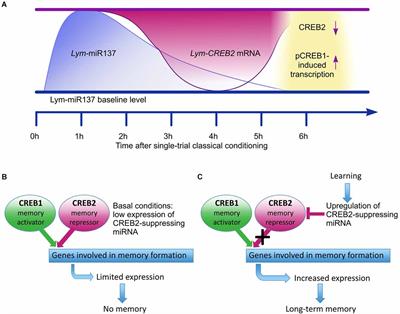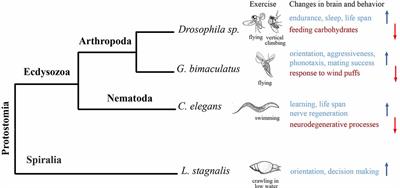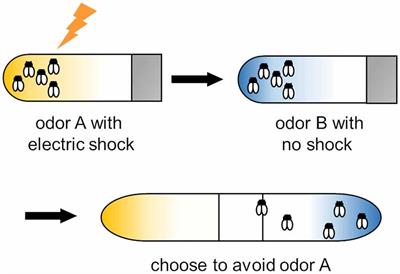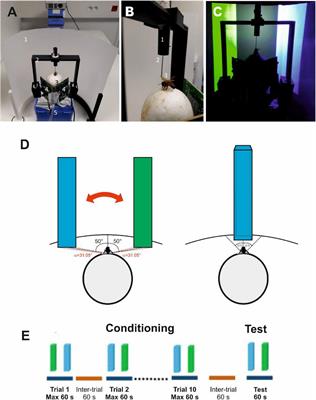EDITORIAL
Published on 05 Jan 2023
Editorial: The molecular mechanisms of experience-dependent plasticity in invertebrates
doi 10.3389/fnbeh.2022.1123961
- 814 views
4,215
Total downloads
16k
Total views and downloads
You will be redirected to our submission process.
EDITORIAL
Published on 05 Jan 2023
ORIGINAL RESEARCH
Published on 19 Oct 2022

MINI REVIEW
Published on 14 Oct 2022

MINI REVIEW
Published on 28 Jun 2022

REVIEW
Published on 26 Apr 2022

ORIGINAL RESEARCH
Published on 16 Feb 2022

